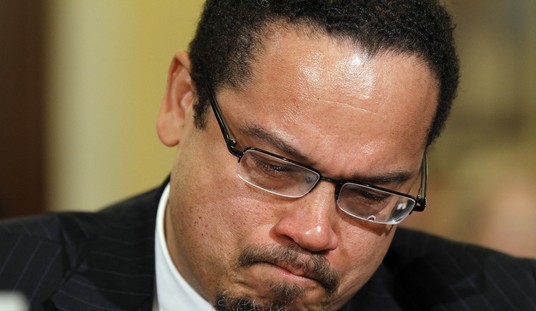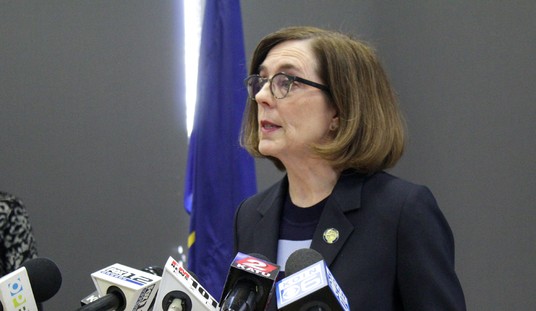The economic downturn has provided the final blow for a slew of big-box retailers, and Circuit City is the latest to unplug. Without a last-minute reprieve, the second-biggest electronic retailer in the US will close all of its stores and lay off 30,000 people. They join a growing list, and malls around the nation may find themselves in a space glut:
Circuit City’s announcement Friday that it will shutter its remaining 567 stores nationwide, including 16 in the Chicago area and northwest Indiana, cutting 30,000 jobs is the latest in a growing list of retail deaths paving the way for unprecedented changes, experts say.
Circuit City, the nation’s second-largest consumer electronics retailer, joins Goody’s, Steve & Barry’s, Linens ‘n Things, Sharper Image and KB Toys in liquidation, and leaves mall landlords with the challenge of filling the space or reinventing it. The Circuit City stores expect to hold liquidation sales through March.
Circuit City was unable to obtain the needed financing or vendor support to continue operating, despite interest from two potential buyers — the Golden Gate Capital private equity firm and Mexican billionaire Ricardo Salinas Pliego.
I spent ten years in retail security, working closely with national chains, and at least a few of these chains had begun to fail long before the downturn in the second half of 2008. Big-box retail operates on large volume and thinner margins, and bad management decisions and competition can have an oversized impact. Those already on shaky ground could have been expected to collapse entirely.
The only retailer on the list that surprises me is Steve and Barry’s. S&B sells clothing at cut-rate prices, usually at $8.95 per piece for shirts and jeans. I’ve bought clothes there in the past, but it’s really aimed at younger buyers, especially in the women’s clothing section. In a tough economy, discount sales usually succeed if they can make a profit. I would have expected S&B to thrive in a recession as people tried to stretch their dollar as far as possible. I’d assume that the economic downturn didn’t create S&B’s problems, but may have contributed to them in the end.
Sandra Guy, reporting for the Chicago Sun Times, makes an important point:
Paco Underhill, a retail anthropologist and author of Why We Buy: The Science of Shopping, said he expects more retailers to close, paving the way for massive change.
“Retail historically is about birth, life and death. It frees up space and people for more creative uses,” Underhill said.
In fact, that’s true of the entire free-market system, and the reason why government should not get involved in bailing out private enterprise. Economic downturns shake out the weak players and returns resources to the market for better, more efficient use. It’s a painful process, but it eventually produces strength by rewarding the best business practices and the wiser investors.








Join the conversation as a VIP Member